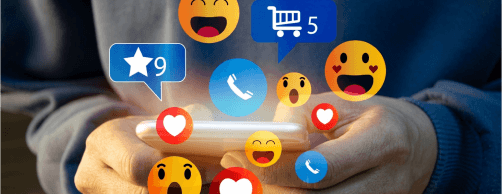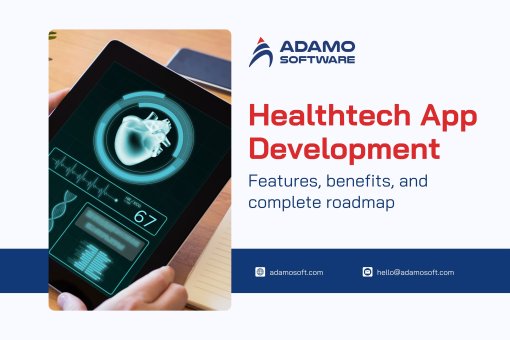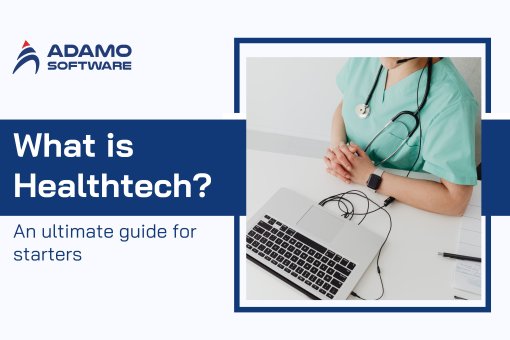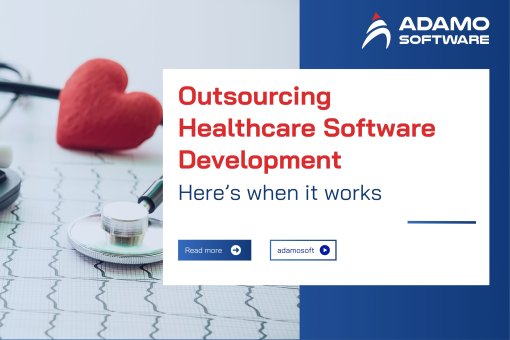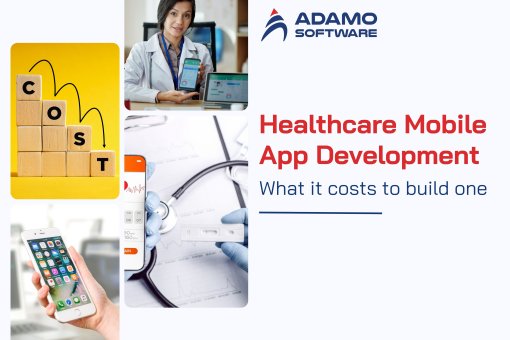Healthcare BI Software for Data-Driven Decision: How to Choose
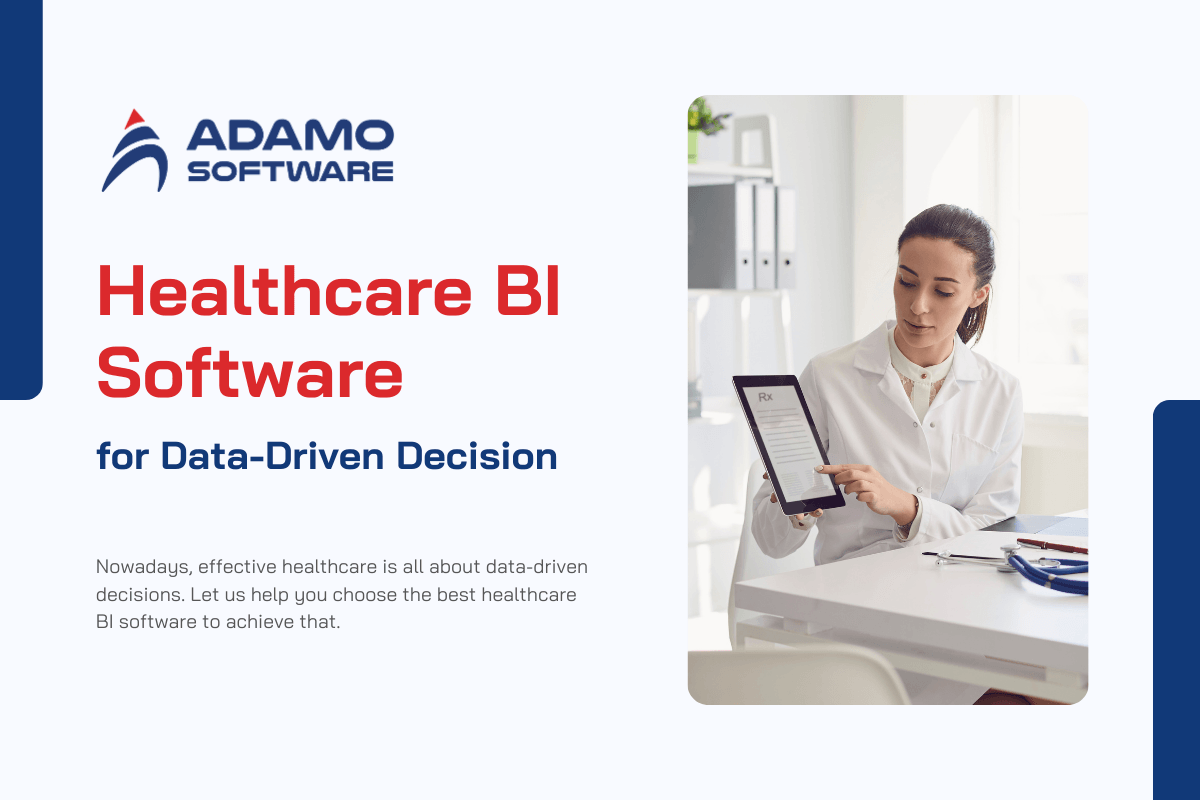
New technologies have impacted every industry in society, including the health sector. New and more effective methods of data collection have been transforming the healthcare industry greatly and offered it a tool that helps to raise the quality of services and organizational processes.
Unfortunately, not all the medical centers all over the world have learned how to get the best out of this data. It would be such a pity to feel and possess so much power and rejoice in your ability and yet to be utterly helpless. That’s why we are going to enlighten you about the existence of the healthcare BI software!
By processing raw data with the help of BI software, healthcare facilities can transform the raw data into big picture or other details about a patient’s health, or cues of the functioning of the clinics. After that, the SST staff in the medical field can adapt to their treatment or operational plan to be able to provide the best healthcare service to the society while continuing with their efficient operations.
Down in this article we will assist you to try to understand or discover the different facets of health care BI software. It kind of feels overwhelming; but nothing can stop you once you’re fully prepared to go out and make a decision on what will be the best healthcare BI software to use, and after reading this article, we guarantee that you are fully prepared to go out and make the best decision. Let’s dive in!
I. Why Healthcare Organizations Need Healthcare BI Software
Just like any other industry, having the right data at the right time is very important to help medical centers run effectively. And in order to manage and interpret this enormous source of data, these facilities cannot ignore healthcare BI software. Why? We’ll tell you why.
The most obvious reason for using healthcare BI software is because of its ability for data visualization. By transforming complex data sets into clear visuals like pie charts, bar graphs, and maps, it makes information readily comprehensible. For instance, you can visualize staffing fluctuations and patient admission rates to get an overview of both situations at the same time! How cool is that?
Another key benefit of healthcare BI software is its user-friendliness. This is especially true if you were a financial analyst in a medical organization. Healthcare BI software helps you stay far away from confusing financial software. Instead, user-friendly dashboards provide clear and concise insights, based on which you can identify any overspending and optimize your cost structure.
Also read: Data Storage in Healthcare: Understand Benefits, Challenges and Solutions
II. BI Solutions for Healthcare Use Cases
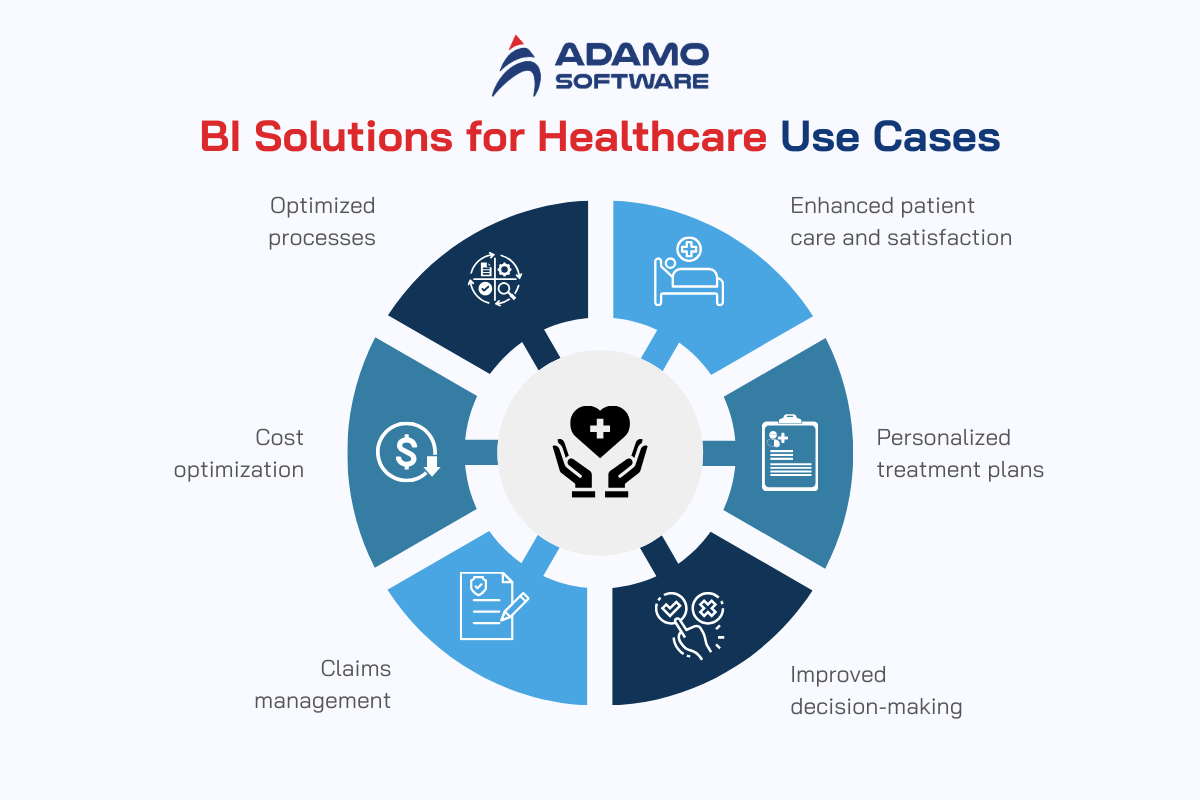
1. Enhanced patient care and satisfaction
Healthcare BI software helps you to integrate patient data from various electronic health records (EHRs) and presents it in a creative but consistent way. This helps doctors to view a patient’s entire medical history from any device of their convenience. Thanks to that, they won’t have to conduct the tests that already have results ready, saving time and money for both patients and the healthcare system.
2. Personalized treatment plans
As we’ve just discussed, healthcare BI software makes patient data become more accessible. So, doctors can be informed if a patient had a tumor in 2016 but another one is detected in 2019 thanks to healthcare BI software. From then on, they can create a better diagnosis and treatment plan for current and future concerns.
3. Improved decision-making
Healthcare BI software’s advanced data analysis capabilities can really help reduce challenges of administrative complexities. It helps identify the main issues and connections between patient, clinical, and operational data. This helps administrators to track key Performance Indicators (KPIs) and make data-driven adjustments to improve overall performance.
4. Optimized processes
Healthcare BI software can also be used for managing patient flow. By analyzing data on patient volume and demographics, it can help hospitals to determine when to discharge patients and how to effectively allocate beds. In addition to this, healthcare BI software can also help manage non-emergency cases more efficiently.
5. Cost optimization
As we’ve talked about, one of the biggest advantages of healthcare BI software is in its ability to visualize data. This visualized data can help healthcare professionals to identify potential risks, prioritize areas of care, and forecast future needs. This makes room for better patient care, staff allocation, reduced readmissions, and overall cost control through optimized use of resources.
6. Claims management
The last use case of healthcare BI software that we’ll mention in this article is in managing claims. It helps improve claim processing times and identify misleading cases. Other than that, it allows insurance agencies to come up with optimal treatment cost structure and adjust their budgeting by analyzing real vs. false claims.
III. Features of BI Solutions for Healthcare
Now that you’re clear on why you need to use healthcare BI software and some situations when you can use it, let’s dive deeper and find out what its key features are:
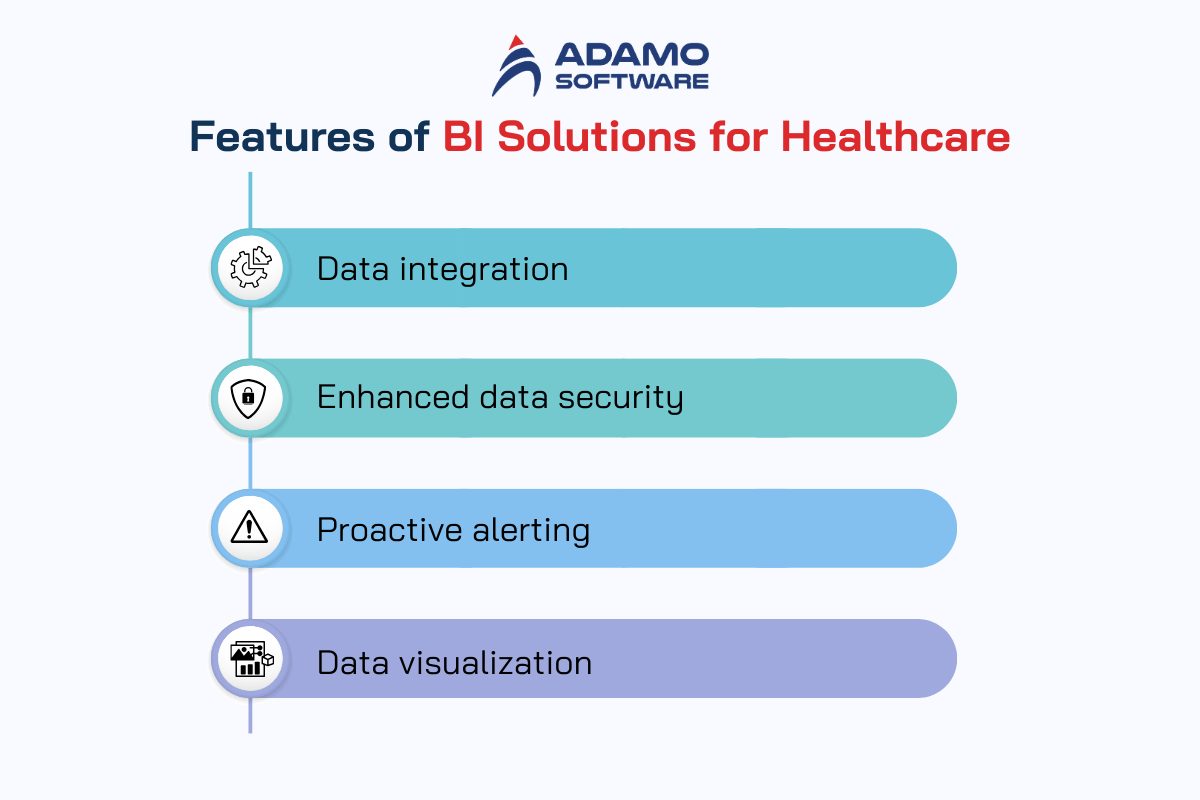
1. Data integration
This feature was briefly mentioned in the previous sections, but we’ll go into details here. Healthcare BI software can really help you to gather all of the data from various sources into one organized place. This means all of your existing EHR or EMR systems, accounting tools, and whatever other software that you might be using can now be integrated into just one! That you can view all your data in just one platform will save you a lot of time and make it much easier for you to interpret and analyze available data.
2. Enhanced data security
Regardless of the industry, securing data is among the top concerns in this digitized world. With the help of healthcare BI software, you can rest assured that you are safe with advanced security measures and data governance.
3. Proactive alerting
Another cool thing about healthcare BI software is that it can provide proactive alerts. Thanks to the use of machine learning algorithms, healthcare BI software can detect unusual data points and warn healthcare professionals about them. For instance, if a patient forgets to take their medication, doctors can be informed and prevent any further consequences
4. Data visualization
Having a lot of data would still be meaningless if you don’t understand it or know how to make use of it. This is why healthcare BI software is so effective with its ability to visualize data. Raw data and numbers can be easily turned into intuitive dashboards, helping all medical staff to interpret the data and make informed decisions.
IV. Best Healthcare Business Intelligence Software in 2024
1. Datapine
The first tool on the list is Datapine. This is a BI software that lets you gather data from various sources and analyze it with advanced features like AI and forecasting. You can use all your data to build dashboards, reports, and set up smart alerts for important trends and goals.
Thanks to the user-friendly interface, you can easily use Datapine even if you are a beginner, but it is still great for experienced users too! If you’re new to data analysis, you will love the drag-and-drop interface because it would be easy for you to explore data and create charts and dashboards. If you are already an expert, there are still advanced features like the SQL mode for you to write your own complex queries.
2. Zoho Analytics
Zoho Analytics is the next powerful healthcare BI tool for in-depth reporting and data analysis. Many people like Zoho Analytics for its automated data synchronization. Do you know what’s even cooler? This feature can be scheduled for regular updates!
In addition, Zoho Analytics has integration APIs that can help you establish connections with other healthcare data sources. This combination of data will help you to generate insightful reports. Don’t worry, it also has a user-friendly editor for creating custom reports and dashboards so that you can focus on the healthcare metrics that you want. For healthcare teams, Zoho Analytics includes a unique comment box within its sharing options.
3. Domo
Domo is a cloud-based healthcare BI software that prioritizes user-friendly dashboards for various healthcare roles. While it offers solutions for multiple industries, Domo caters its features specifically to healthcare professionals like CEOs, sales teams, business intelligence (BI) analysts, and IT staff. CIOs can explore how Domo manages data from healthcare-specific sources before diving into its extensive library of over 500 connectors for the broader organization.
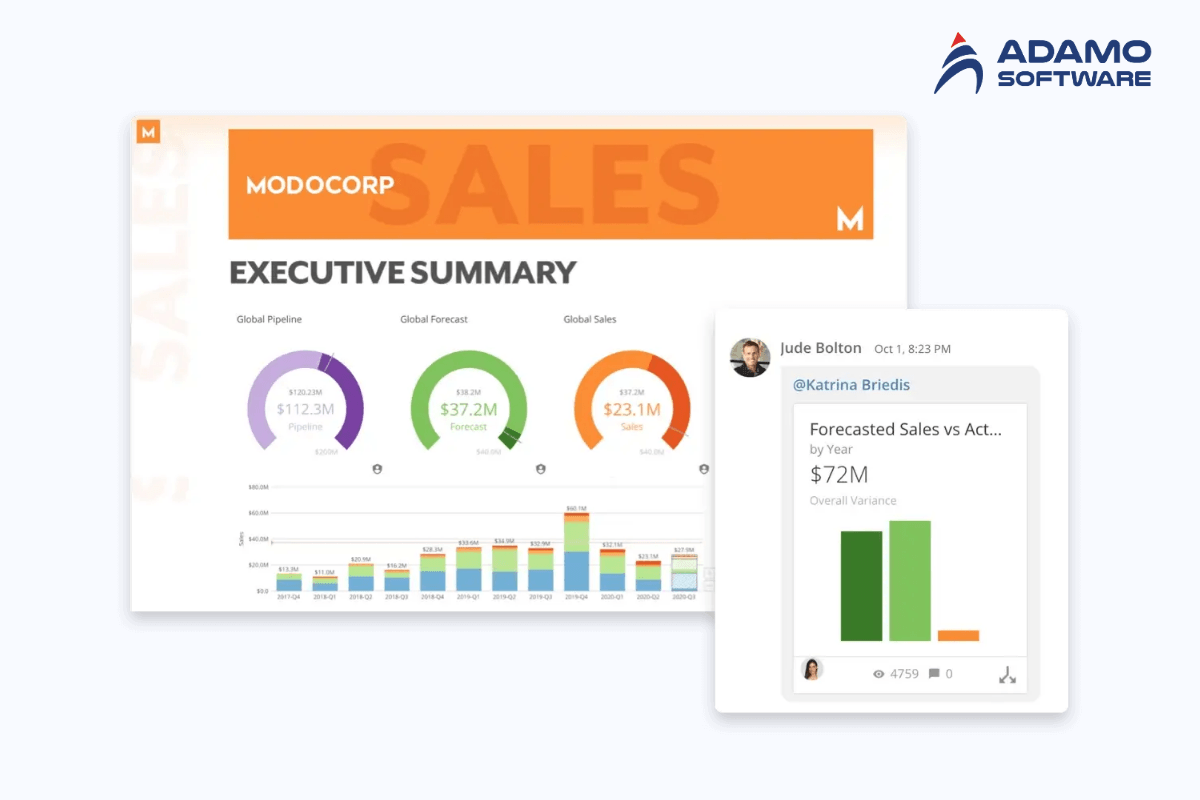
4. Power BI
Now that is a name that you might be more familiar with. The popular BI software from Microsoft can help you to analyze, visualize, and publish data from various sources, both online and offline. There are many features like data preparation, visual exploration, interactive dashboards, and advanced analytics. And you know what’s even better? It’s FREE!
However, if you wanna spend some money, there’s the paid Power BI Pro version that allows collaboration. It integrates with Microsoft Office 365, SharePoint, and Teams, allowing control over access to published results and raw data. This premium tier offers self-service data preparation with pre-built connections to healthcare data stored in Microsoft Dynamics 365, Azure SQL Data Warehouse, or even external sources like Salesforce.
5. Oracle Business Analytics
When talking about healthcare BI tools, we must not forget about Oracle Business Intelligence. This software is designed to provide healthcare organizations with end-to-end solutions. It can improve your overall performance and equip your staff to make faster, more informed decisions through the use of mobile technologies.
Oracle Business Intelligence offers many data management functionalities, and even features like artificial intelligence and machine learning. It also includes other tools like querying, reporting, and mobile analytics tools. Ever since 1977, Oracle has focused on delivering organizations the tools they need to effectively manage and make use of their data, including healthcare-specific data.
6. Qlik
The next healthcare BI software is Qlik. This is a great tool for you to empower every healthcare employee with secure access to the organization’s entire data pool, governed by corporate data governance policies. Massive datasets can really cause a lot of troubles for traditional database engines. But for Qlik, this is no longer a problem as its associative engine can create connections between any data points at the speed of light. This engine is further enhanced with AI and machine learning capabilities powered by Qlik’s cognitive engine, providing users with context-aware recommendations for deeper analysis. Qlik offers both on-premises and cloud-based deployments of Qlik Sense, its self-service platform designed to democratize access to healthcare analytics across the organization.
7. Pentaho by Hitachi Vantara
Next up on this list is Hitachi’s Pentaho. This powerful healthcare BI software platform can handle all your data, regardless of size or type. It performs really well at integrating and preparing big healthcare datasets for analysis. What makes Pentaho more special is its ability to be embedded into existing healthcare applications, portals, and workflows. This allows organizations to include data insights directly into their healthcare operations. Pentaho offers many analytics for embedding, including visualizations, reports, ad-hoc analysis tools, and customizable dashboards. Moreover, Pentaho’s flexibility also lies in an open API that enables the integration of third-party charts, graphs, and visualizations, providing a wider range of visual analysis options for your healthcare data.
8. Microstrategy
MicroStrategy is a healthcare BI software platform focused on delivering enterprise business analytics through a “software and mobility” approach. They specialize in cloud-based solutions, federated analytics for unified data views, and hyperintelligence, providing real-time insights at your fingertips. This healthcare BI software empowers users to create interactive analytics reports on their mobile devices using dossiers – accessible through iOS or Android smartphones. MicroStrategy even allows developers to incorporate analytics directly into healthcare apps using Xcode or JavaScript.
9. SAP Business Objects
SAP Business Objects is the healthcare BI software solution that we’re gonna introduce to you. It offers in-depth reporting, advanced analytics, and interactive data visualization. This healthcare BI platform caters specifically to healthcare needs by focusing on key areas like digital supply chain, enterprise resource planning (ERP), customer experience (CX), and customer relationship management (CRM). A key strength of SAP Business Objects is its self-service functionality. Users can create custom dashboards and applications tailored to their specific needs within the healthcare domain. Along with the dashboards, this empowers users across various departments with the tools they need on a single, unified platform.
10. Tableau Software
The last name (and probably another familiar one) is no other than Tableau. Being one of the major players in the market, Tableau has many analytics tools available through three primary channels: Tableau Desktop, Tableau Server, and Tableau Online. This healthcare BI software excels at connecting to various data sources and offers deployment flexibility, allowing for on-premises or cloud-based setups. Additionally, Tableau also allows healthcare organizations to embed analytics directly within their applications and provides data visualization and sharing capabilities through Tableau Public.
V. Future of BI in Healthcare Industry
What could be the future of BI software in the healthcare industry? Let’s discover these two main possible trends:
1. Predictive analytics for early disease detection
Healthcare BI software is good at analyzing and visualizing data, so it can totally use data from EHRs to find patterns and make predictions. Thanks to this, doctors can know the likelihood of diseases such as diabetes, cancer, or heart conditions. This is very important because it means that we can intervene early to prevent any severe consequences. More specifically, it can help with:
- Patient engagement: Predictive analytics can enhance patient engagement by using historical data to predict any issues of medication adherence that might arise. For example, if a patient with a chronic condition frequently misses doses, telehealth analytics can alert the healthcare team. They can then provide support, reminders, or alternative treatment options, ultimately improving patient engagement in their treatment plan.
- Assets allocation: Predictive analytics helps medical staff to anticipate the possible total healthcare costs of special patients (e.g., those who might require additional interventions). This will help both the patient and the hospital to prepare beforehand for any costs that might be incurred. Moreover, it allows doctors to intervene in time and ensure the patient is alive and well, reduces hospital readmissions, and prevents the escalation of chronic conditions, leading to more cost-effective healthcare delivery.
2. AI and machine learning for treatment and diagnosis
With the help of these tools, doctors can now make more informed decisions. This also benefits patients with quicker diagnosis and treatment opportunities. Other than that, many research projects are exploring further applications in areas such as:
- Radiology and diagnostics: BI tools with AI can help radiologists interpret medical images better. For instance, it can assist radiologists identify even the smallest abnormalities in mammograms, which can help doctors detect breast cancer at an early stage. Isn’t that great?
- Drug discovery and development: With its ability to handle large data sets, BI tools with machine learning algorithms can speed up the drug discovery process. It can help identify potential drug candidates and assess their effectiveness in data-driven clinical trials.
VI. Get Adamo’s Professional Assistance with Your Healthcare BI Software
Ready to unlock the power of healthcare BI software for your medical center? Adamo Software is here to help!

Our team of dedicated developers has much experience in crafting custom BI solutions tailored to your specific needs. We leverage cutting-edge technologies like AI and machine learning to transform your raw healthcare data into actionable insights.
Whether you require a custom healthcare BI platform or integration with existing systems, Adamo can deliver high-quality, cost-effective solutions to you. Our expertise extends across various industries, with a proven track record in healthcare software development.
Contact Adamo today to discuss your healthcare BI needs and embark on the journey towards a data-driven future.




